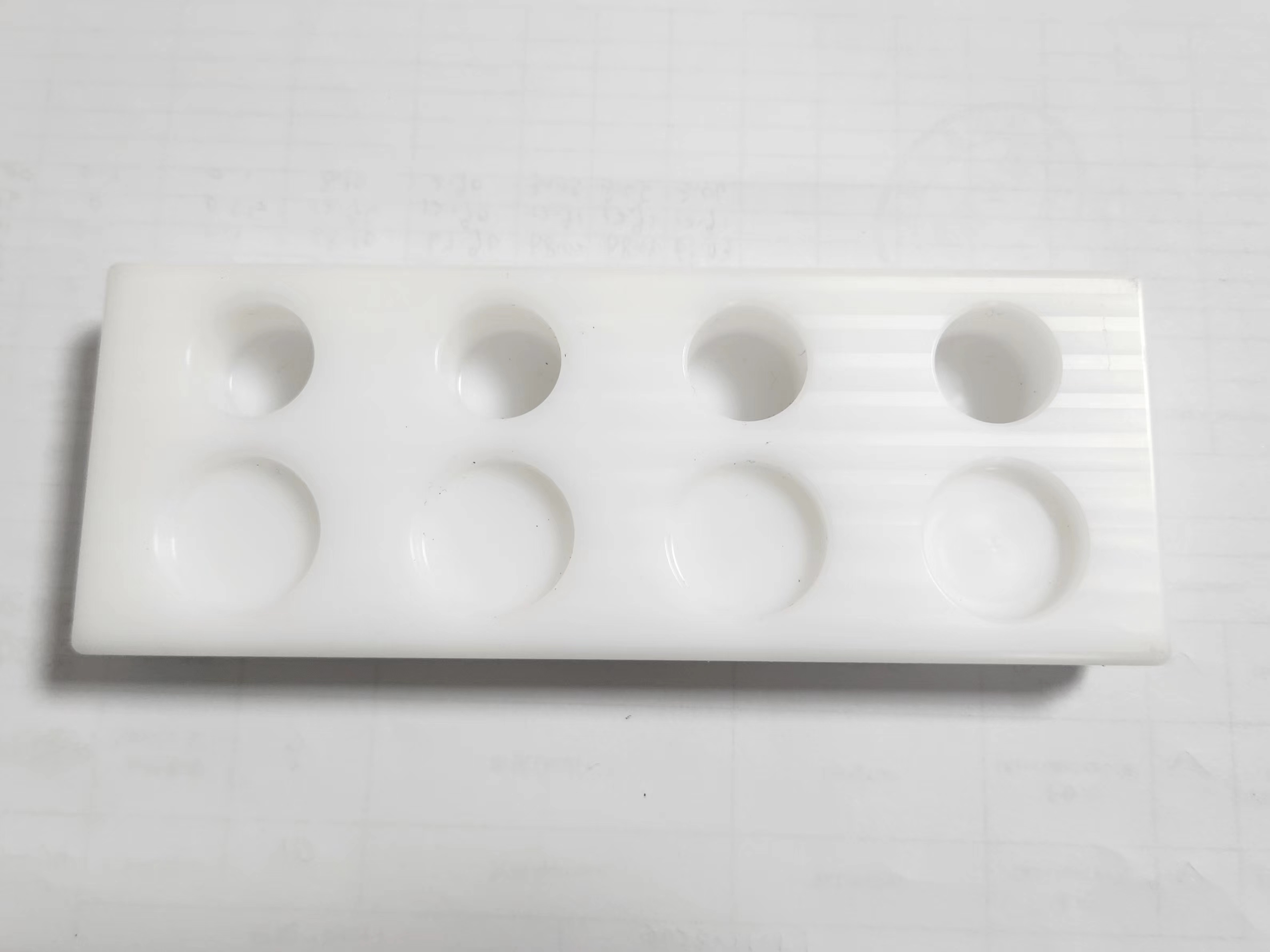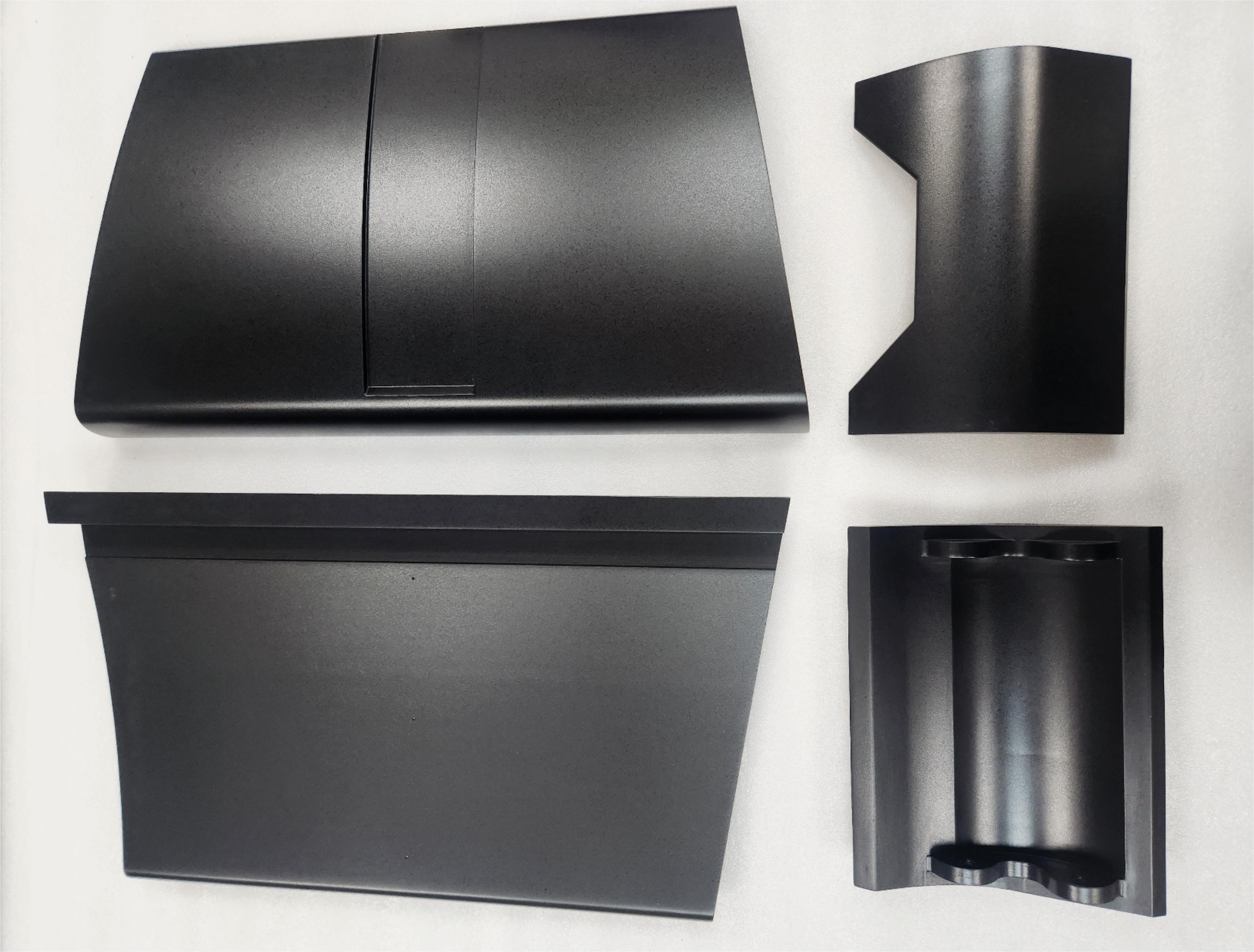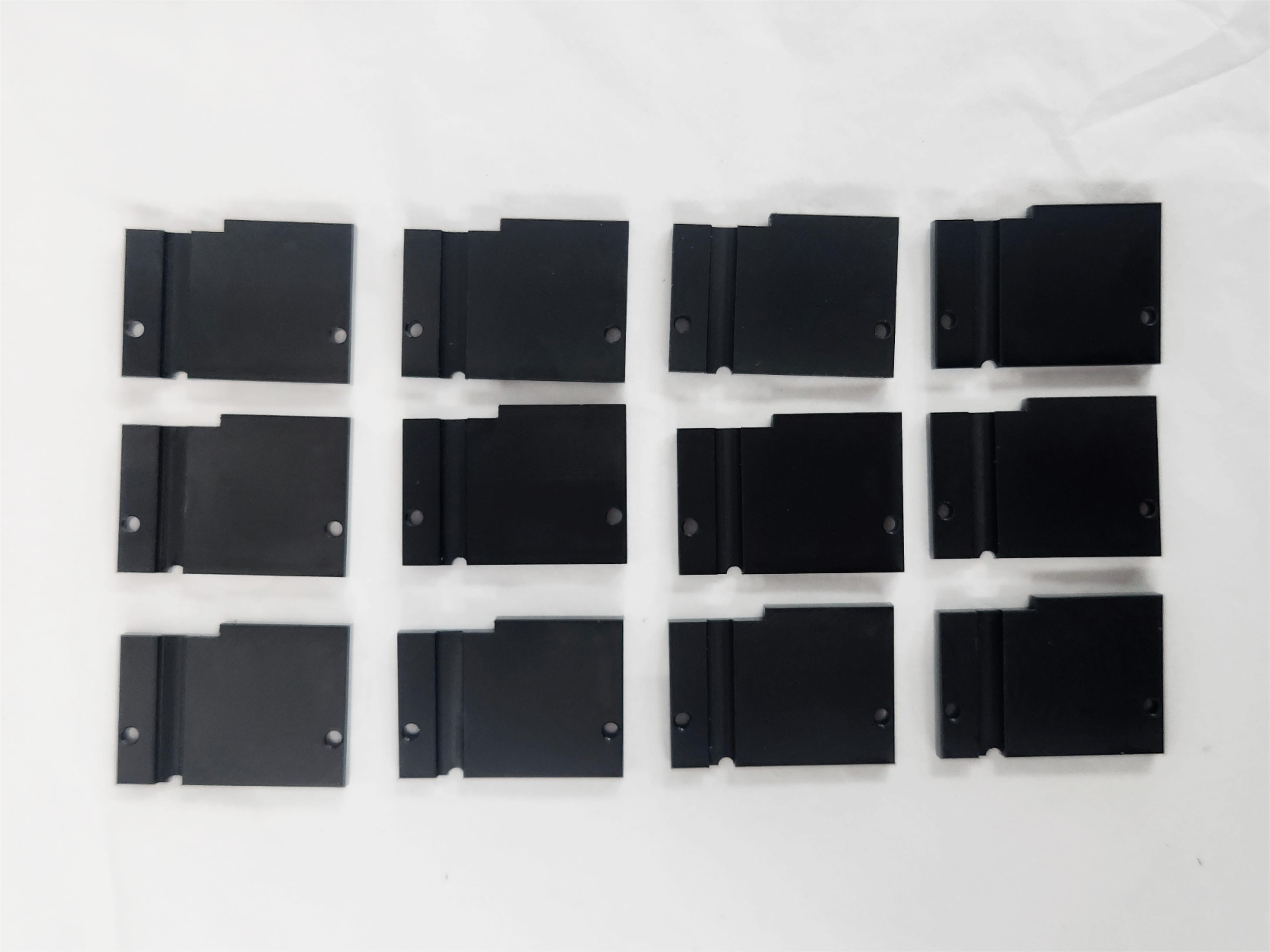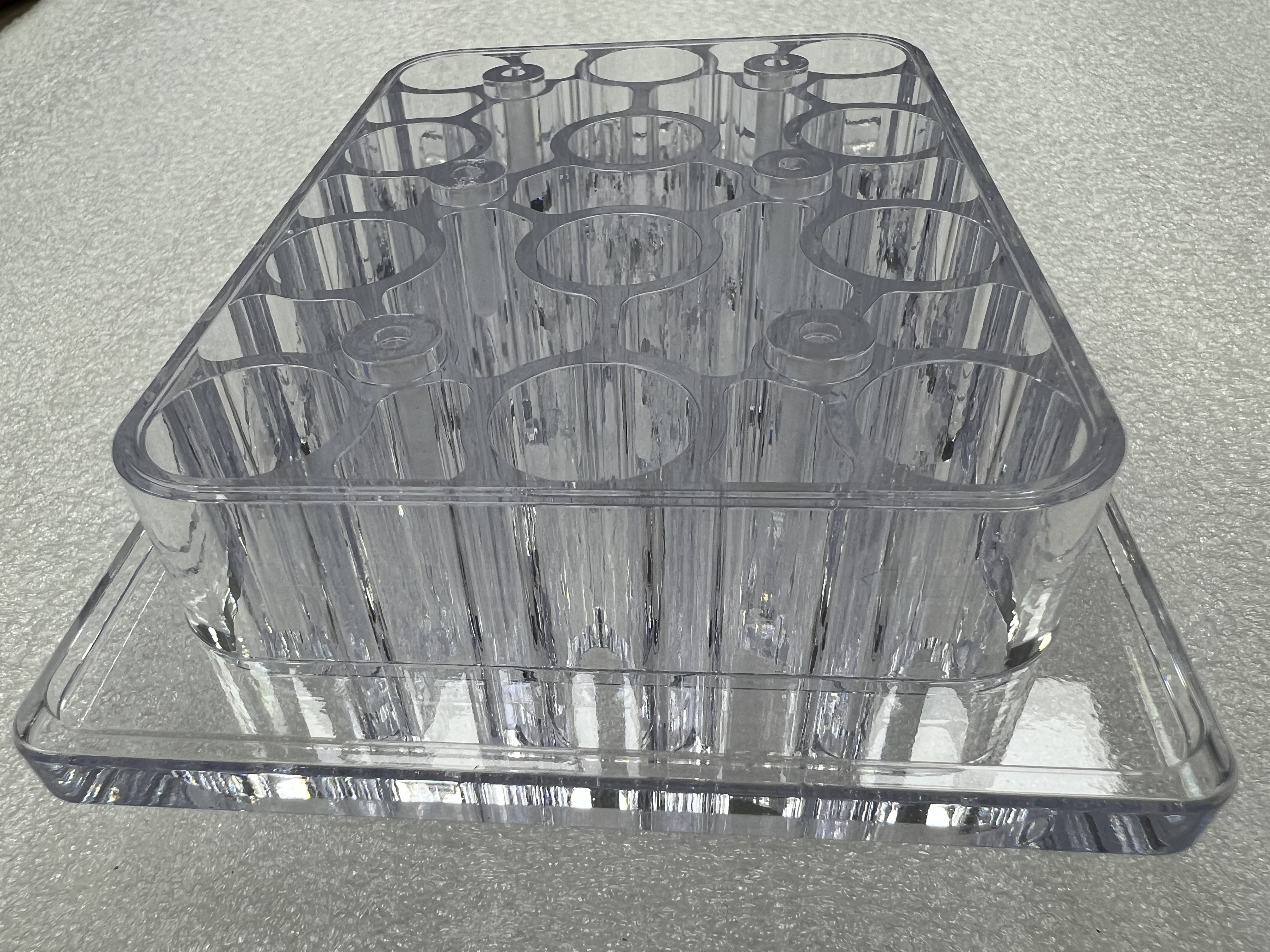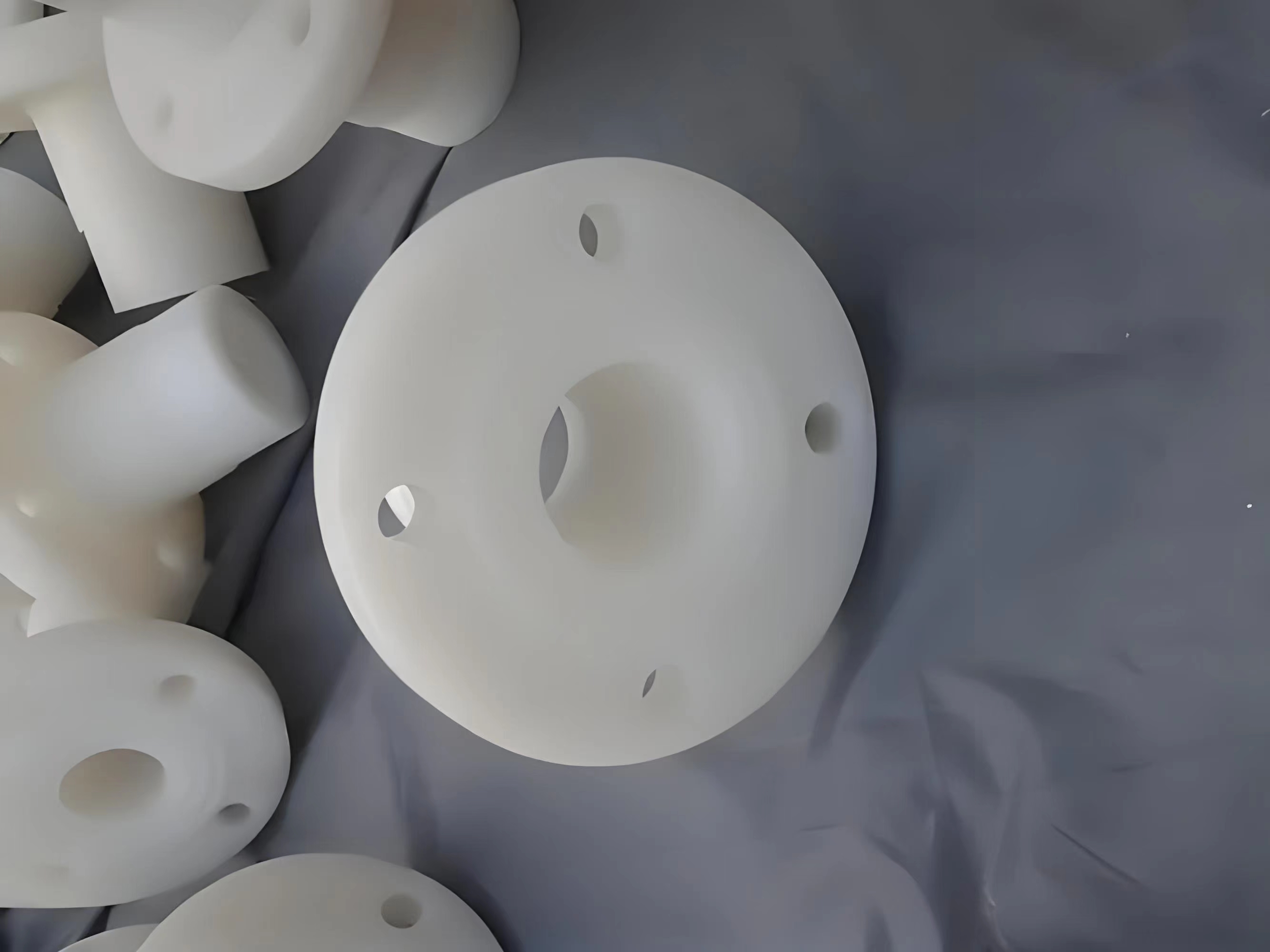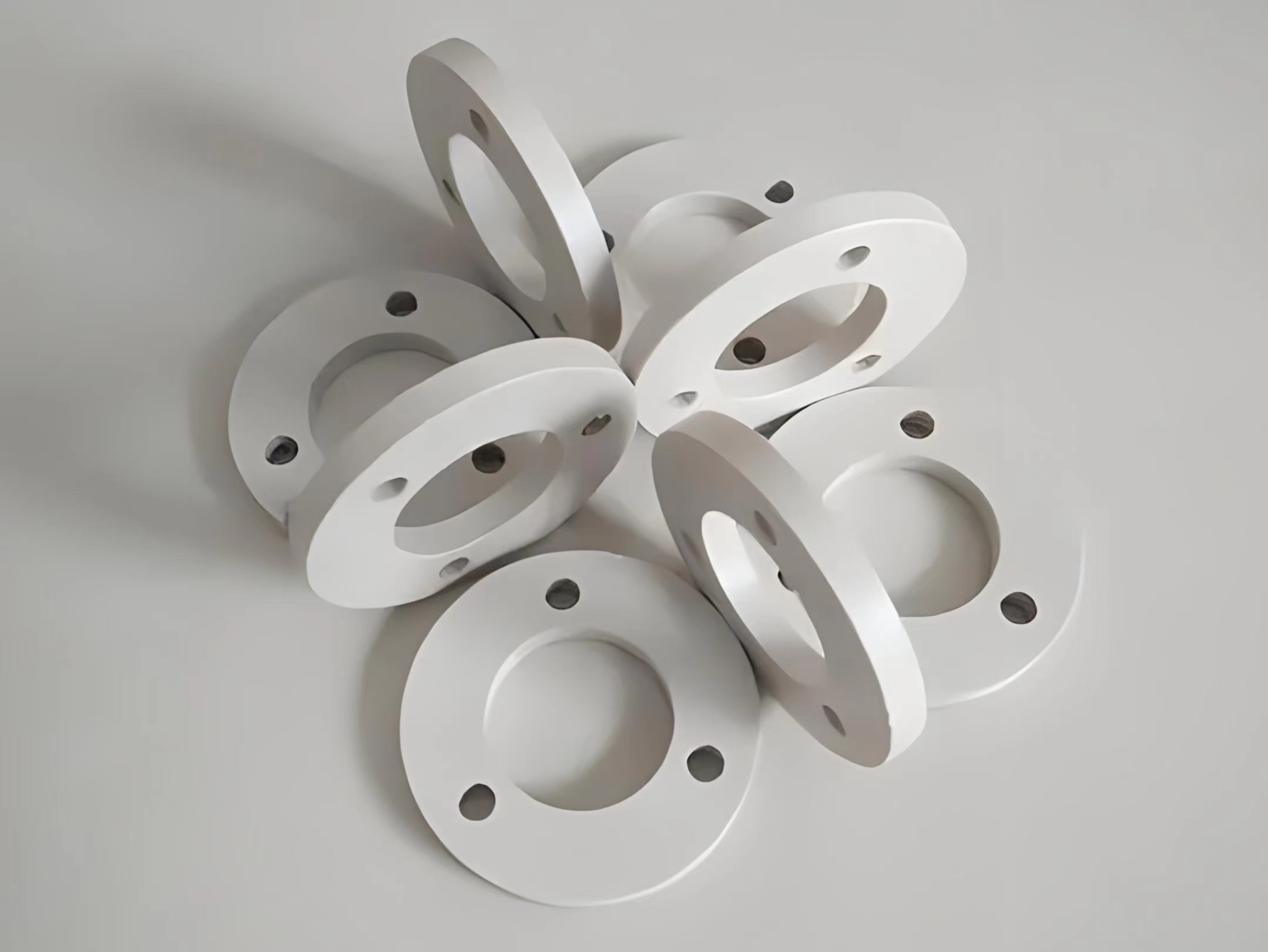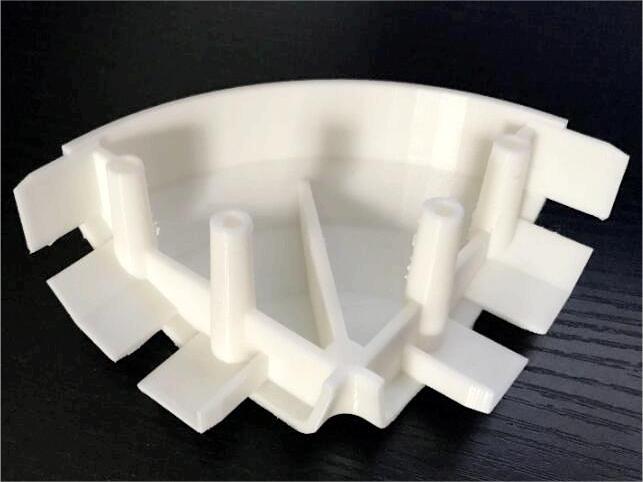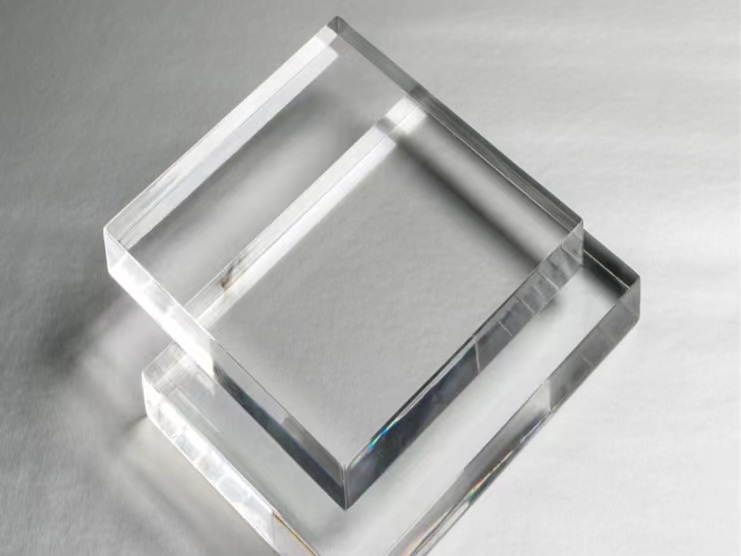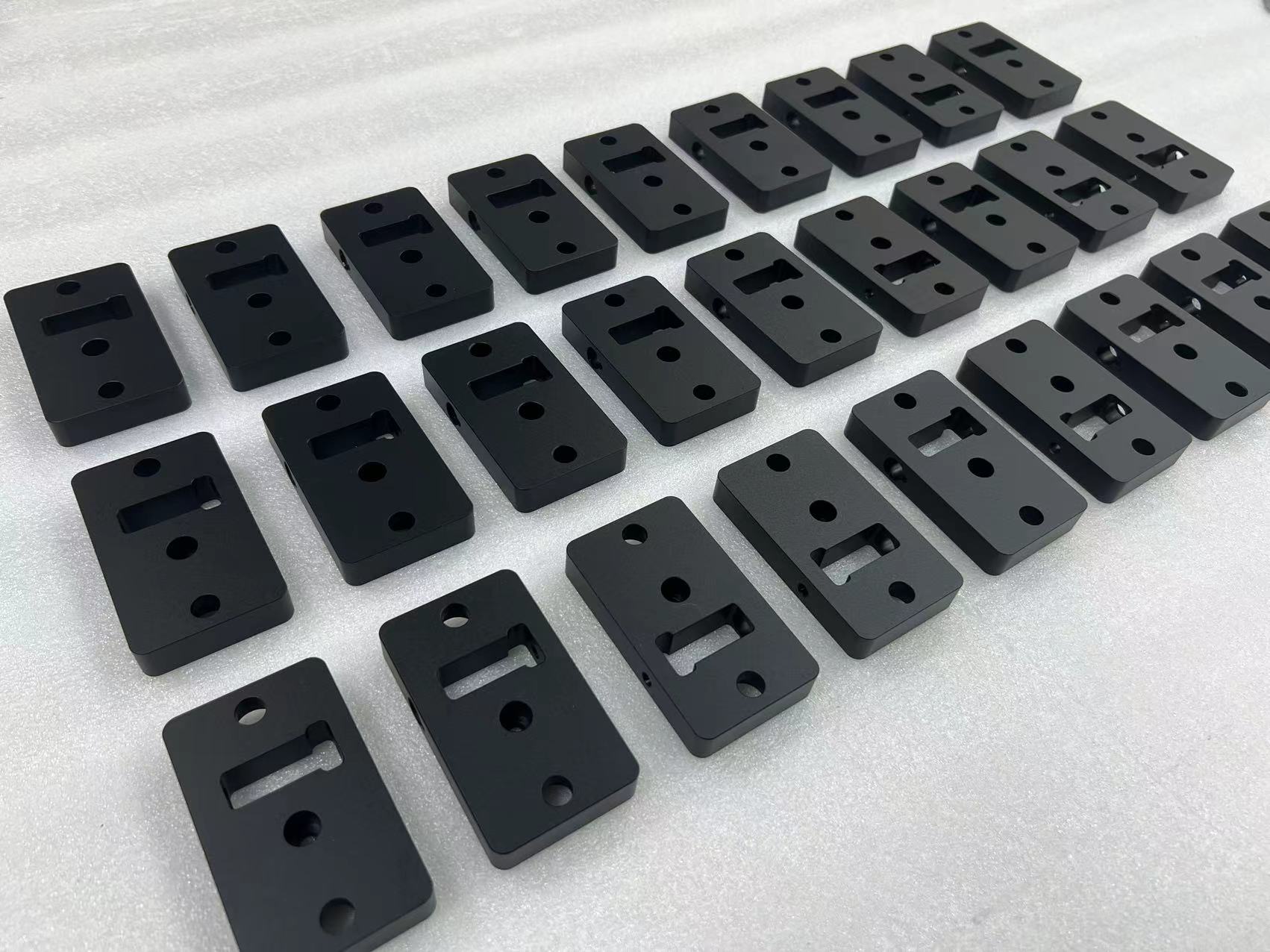PP (Polypropylene)
Polypropylene (PP) is a widely used thermoplastic polymer known for its versatility, durability, and cost-effectiveness.
Here's an introduction to PP material in CNC machining and mold applications:
Material Properties
Chemical Resistance:
PP exhibits excellent resistance to many chemicals, acids, and alkalis, making it suitable for various chemical and corrosive environments.
High Impact Strength:
It has good impact resistance, which allows PP parts to withstand moderate to heavy impacts without breaking or cracking.
Heat Resistance:
PP has a high melting point, typically around 160-170°C (320-338°F), making it suitable for applications requiring heat resistance.
Low Density:
PP is a lightweight material, which makes it ideal for applications where weight is a concern.
Good Electrical Insulation:
PP has excellent electrical insulation properties, making it suitable for electrical and electronic applications.
Recyclability:
PP is recyclable and can be reused in various applications, making it an environmentally friendly choice.
CNC Machining of PP
Milling:
PP can be milled into precise shapes and features using CNC milling machines. It offers good machinability and dimensional stability.
Turning:
CNC turning processes can be used to create cylindrical or curved PP parts with high precision.
Drilling and Tapping:
PP can be drilled and tapped to create holes and threads for assembly purposes.
Mold Manufacturing with PP
Prototype Molds:
PP is commonly used to create prototype molds due to its ease of machining and cost-effectiveness. It allows for rapid prototyping of plastic parts.
Injection Molds:
PP injection molds are used for mass production of plastic parts with high precision and repeatability.
PP's excellent flow properties make it suitable for injection molding processes.
Applications
- **Packaging:** PP is widely used in packaging applications such as bottles, containers, caps, and closures due to its durability, chemical resistance, and lightweight nature.
- **Automotive:** PP is used in automotive interiors for components such as dashboards, door panels, and trim parts due to its impact resistance and low cost.
- **Medical Devices:** PP is used in medical devices and equipment such as syringes, containers, and tubing due to its sterilizability and chemical resistance.
- **Consumer Goods:** PP is used in various consumer goods such as toys, kitchenware, and household appliances due to its durability and ease of molding.
- **Industrial Components:** PP is used for industrial components such as piping systems, tanks, and fittings due to its chemical resistance and durability.
In summary, PP is a versatile material suitable for CNC machining and mold manufacturing, offering excellent chemical resistance, impact strength, and heat resistance.
Its properties make it ideal for a wide range of applications across industries.

